
Team GB are targeting a record Winter Olympics medal haul in Beijing with the high end of its projected podium range surpassing the five achieved in both Pyeongchang and Sochi.
Here, we reflect on five of the greatest moments in Great Britain’s Winter Olympics history to date.
Rhona Martin, curling gold 2002
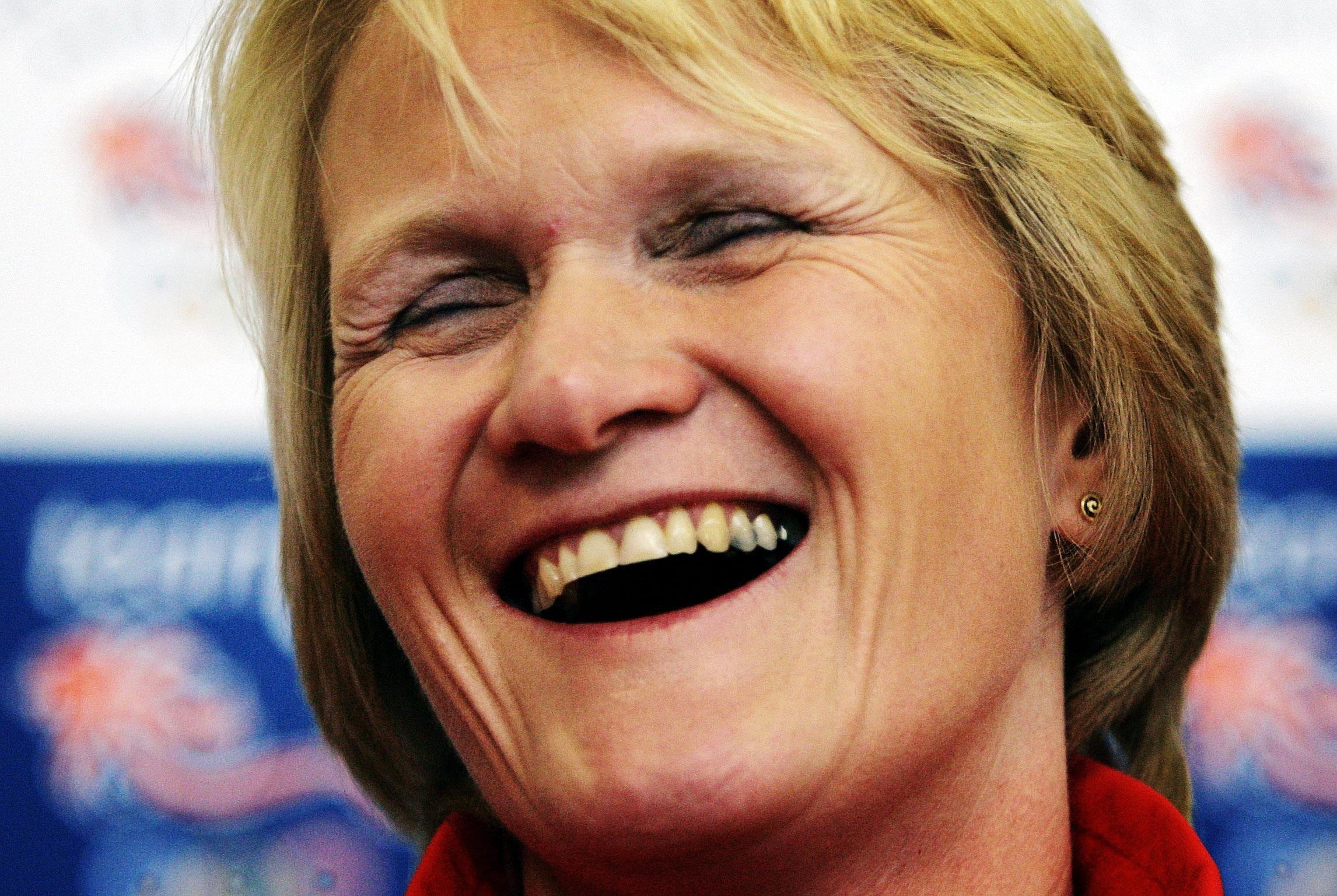
Martin sent down the so-called ‘Stone of Destiny’ to win curling gold for Great Britain and her team of self-styled band of Ayrshire housewives in Salt Lake City. Millions stayed up after midnight in the UK to watch the thrilling conclusion that catapulted the unassuming Martin and team-mates Debbie Knox, Fiona Macdonald, Janice Rankin and alternate Margaret Martin to unlikely fame.
Torvill & Dean, ice dance gold 1984
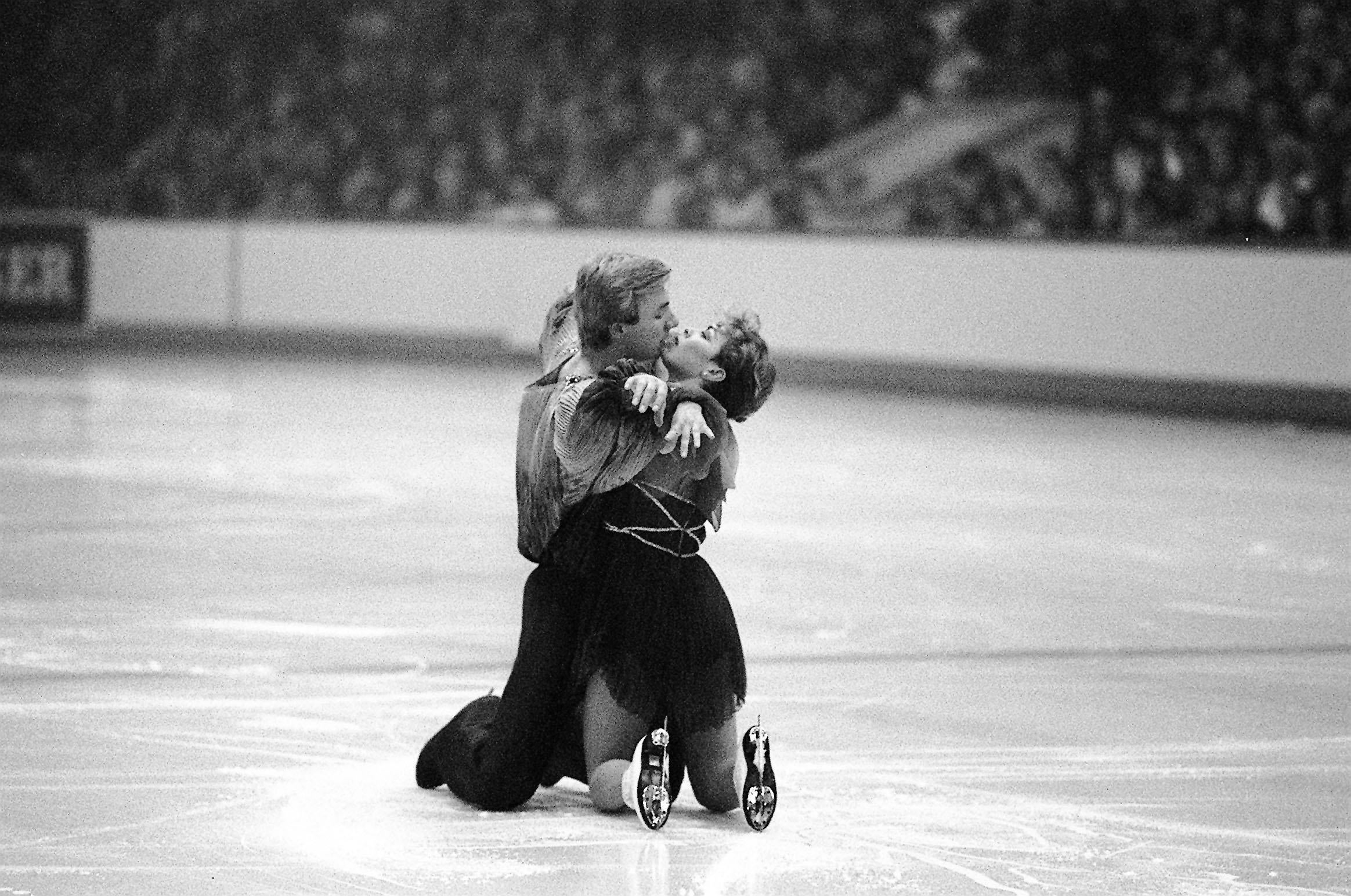
A string of perfect Sixes lit up Sarajevo as Jayne Torvill and Christopher Dean wrote their names into British sporting folklore. As they crumpled to the ice at the end of their routine to Ravel’s ‘Bolero’, the British pair earned maximum points for artistic impression across the board, setting a new standard in the sport against which their successors continue to be measured.
Amy Williams skeleton gold 2010
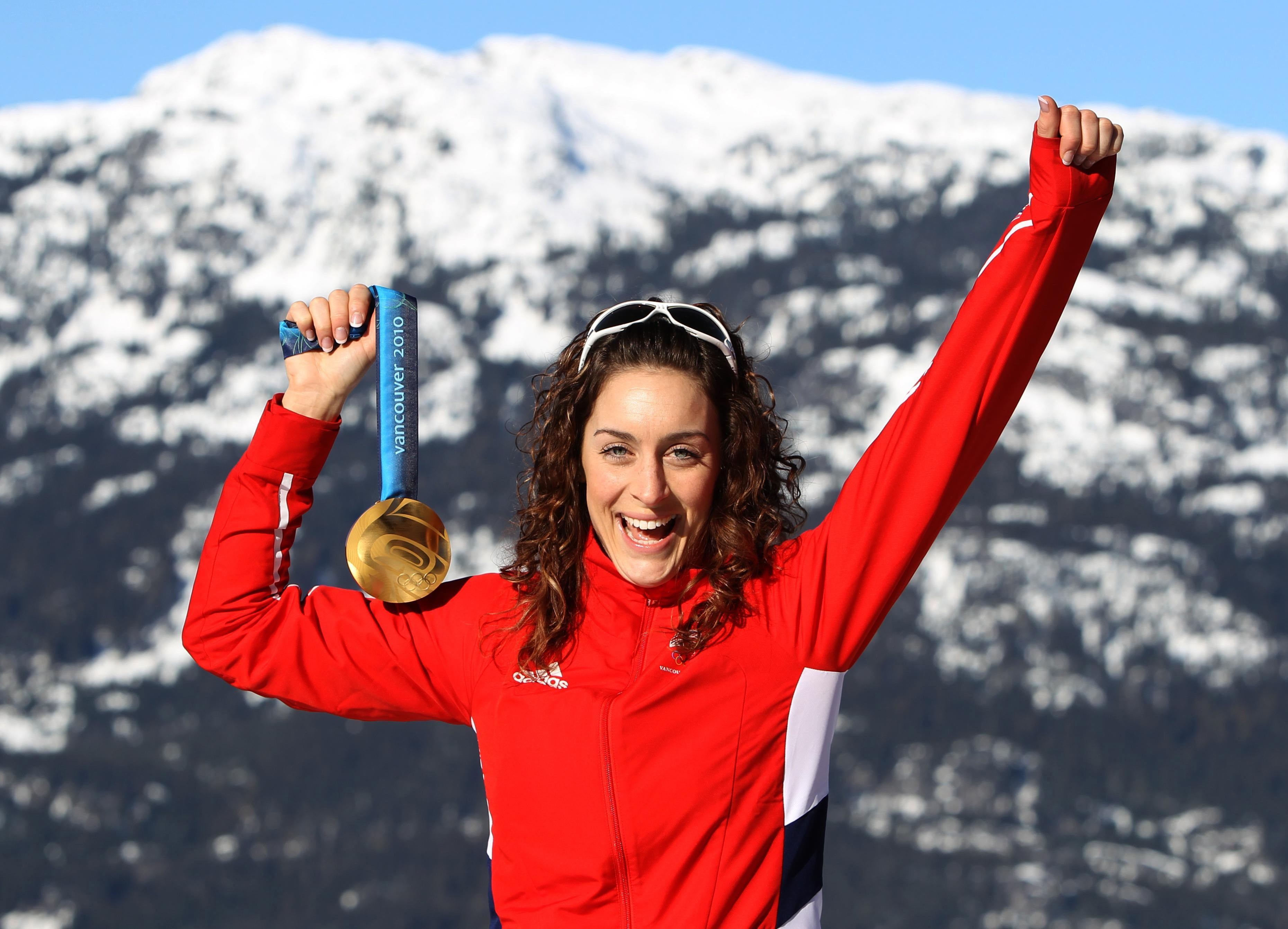
On a sliding track dubbed the world’s most dangerous due to the tragic pre-competition death of Georgian luger Nodar Kumaritashvili, Amy Williams rose to the occasion in spectacular fashion, eclipsing her British rival Shelley Rudman as she dominated the women’s skeleton event, ultimately winning the women’s skeleton with a four-run advantage of over half a second.
John Curry, figure skating gold 1976
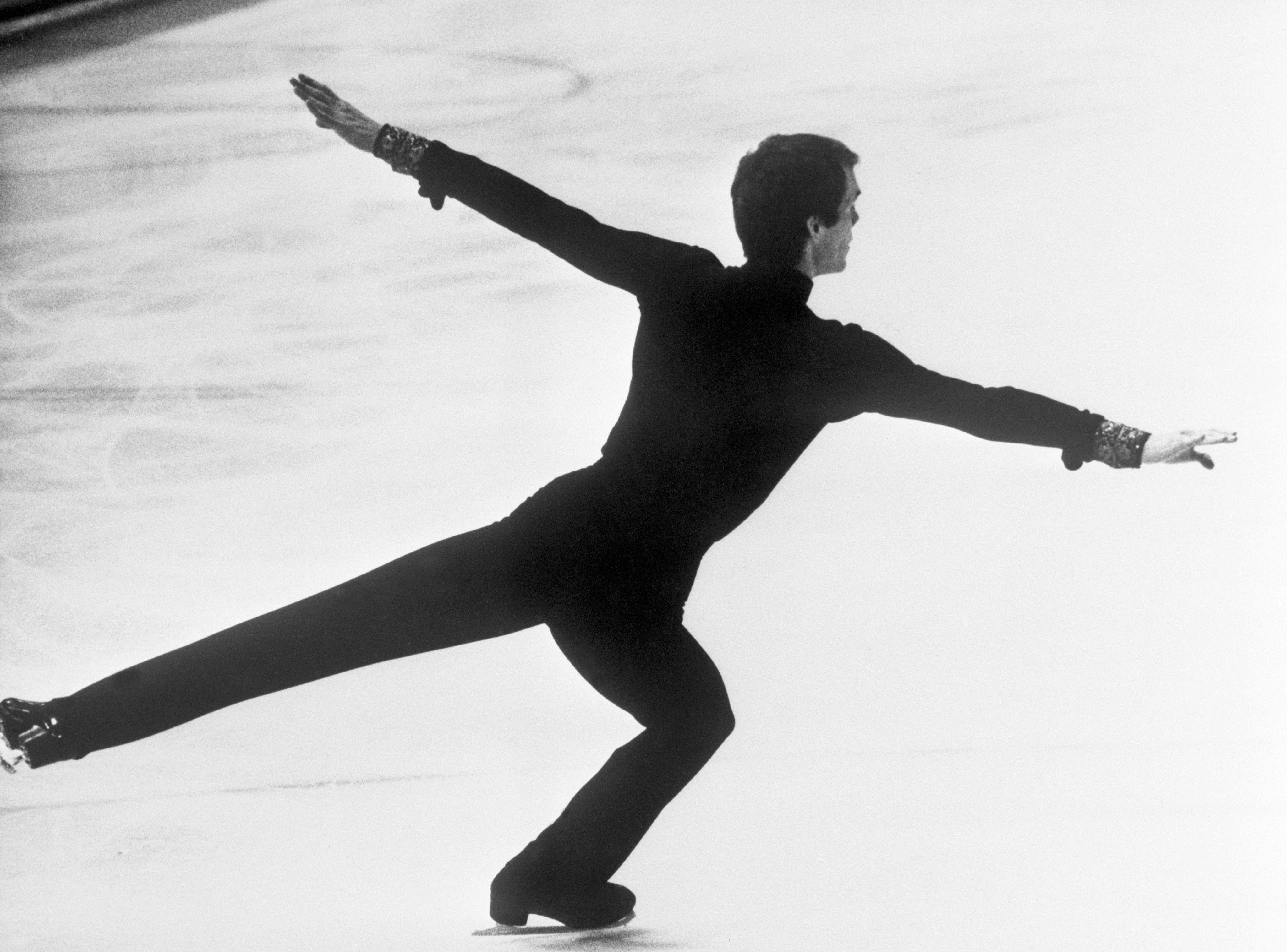
Curry was at the peak of his career in 1976 and executed three triple jumps to become Britain’s first male figure skating gold medallist over his big rival, Vladimir Kovalyov of Russia. Curry also won World and European titles that same year, before abruptly turning professional. He was succeeded as men’s Olympic figure skating champion four years later by his fellow Briton, Robin Cousins.
Nash & Dixon, bobsleigh gold 1964
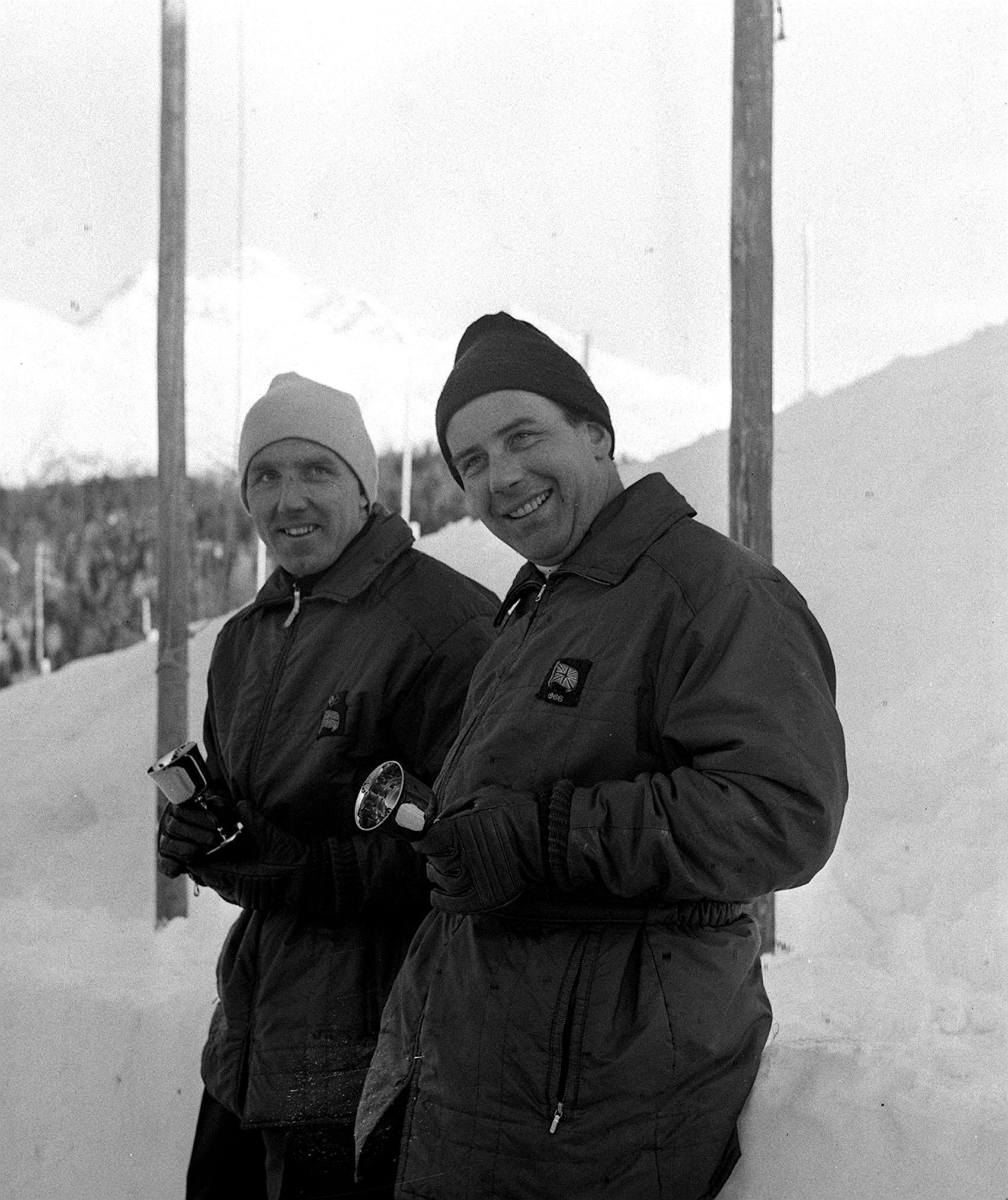
Tony Nash and Robin Dixon surged to two-man bobsleigh gold in Innsbruck in 1964 after benefiting from the sportsmanship of their great rival. The duo trailed after the penultimate run due to a sled deficiency but borrowed a spare rear axle bolt from Italy’s Eugenio Monti. Nash and Dixon recovered to claim victory, while Monti took bronze and the Pierre de Coubertin medal.







